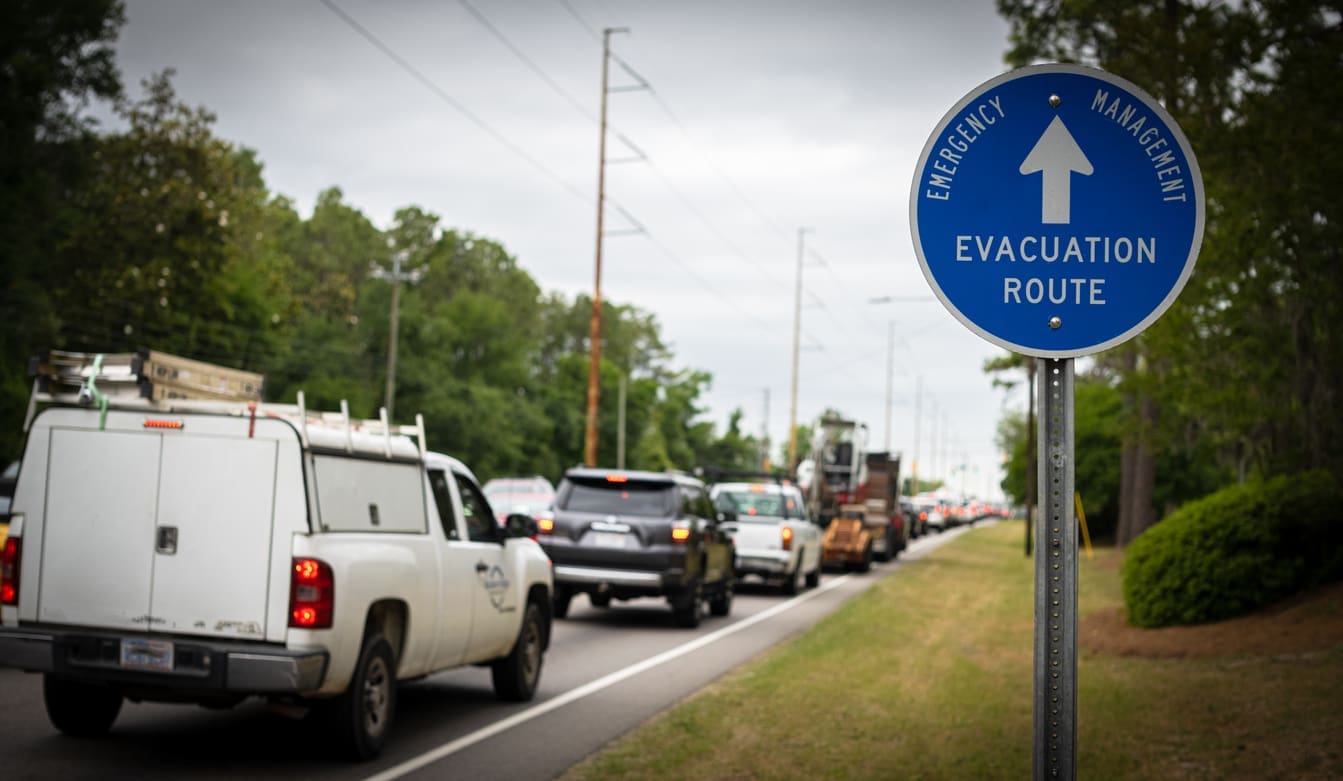Reflecting on recent
natural disasters, you might remember Hurricane Katrina – the most destructive
Atlantic hurricane that caused over 1,800 fatalities and $125 billion in damage
in late August 2005. It was at the time the costliest hurricane on record and
is now tied with 2017’s Hurricane Harvey.
Price Tags are Not
Simple Though
While recovery
professionals can measure the dollar cost of putting structures back together
and insurance companies can talk about claims paid, it’s much harder for us to
measure the ongoing financial aftermath on survivors.
Price tags of
displacement after hurricanes are both emotional and economic: Some survivors
endure the loss of jobs, others will incur medical costs from injuries. Still, others
pay to bury a loved one.
Disasters certainly
continue, with wreckage and devastation spreading further and deeper than headline
pictures. Just as the loss of life touches all of us, victims’ families now
contend with all the futures – including the financial ones – lost.
Life’s path is
rarely flat for long. What if disaster, big or small, struck you? You can ready
yourself, at least in terms of your money.
Disaster Planning with
Your Money
Focusing on just
one single element often comes at the expense of another. Similarly, lacking
flexibility that allows for both big shocks and small bumps in the road, a
single blow can undermine everything you try to achieve with your financial
plan.
For example, let’s
look at a financial objective you might have: generating retirement income.
Most options that the Internal Revenue Service allow for building your
retirement plan accounts – and so your golden years’ income stream – may be
sufficient or at least help. And frequently the IRS grants tax and tax-filing
breaks to victims of such regional disasters as hurricanes, earthquakes,
floods, prolonged droughts, and major storms.
Government
agencies’ responses are clearly not the most flexible plans after widespread
distress, though, helping only large communities or big groups of people.
Individual victims and their families are sometimes forced to tap savings –
often retirement nest eggs.
While accessing
your retirement plan dollars may help deal with the immediate, personal or
small-scale emergency, the move doesn’t address (and in fact hurts) your
long-term challenge of generating a revenue stream in retirement. You’re best
off reaching for money set aside just for a crisis.
Keep an Emergency Fund
Preserving your
flexibility can mean taking the time now to ready a specific financial tool,
such as a Roth individual retirement account. A Roth IRA allows you to grow
retirement income tax-free and yet still access the contribution amounts
without tax or penalty in an emergency.
Catastrophe cash
isn’t much good, of course, if you can’t withdraw it fast. Try keeping limited
funds (six months of your normal expenses, say) in an easily accessible
savings or checking account. The Federal Deposit Insurance Corp. insures your
money up to $250,000 (although your interest will likely be far less than 1%).
You can also
explore a money market account from a bank, discount brokerage house, or other
financial institution, which also pays little interest, usually around 1% or
less.
Great financial
planning requires you to employ two contrasting skills: Focus intently on your
end objective – whether a comfortable retirement or a certain net worth – yet
remain flexible for the inevitable bumps in the road.
Start now before
disaster strikes.







